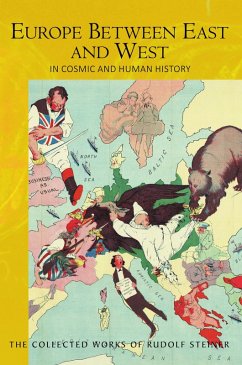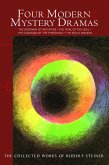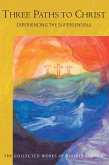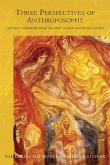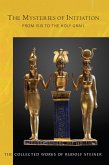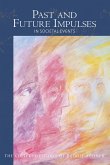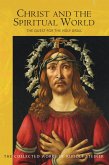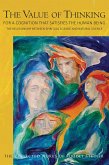In a broad-ranging series of lectures, Rudolf Steiner shines new light on the spiritual background to the outbreak of the Great War in Europe. Spiritual entities stand behind the various peoples of the world, he says. He describes how these beings - Folk Souls - relate to the cultural diversity of Europe, America and the East, and speaks of their individual tasks and destinies in relation to the deeper causes of the catastrophic war. Central Europe has the particular mission of mediating between the Western world, the Slavic countries and by extension the East. Steiner alleges that Western secret societies consciously suppressed the spiritual life of this central cultural region through malign activities. These same brotherhoods exploited H. P. Blavatsky's occult faculties for their own ends. Given in Munich between the years 1914 and 1918 - and appearing in English for the first time - Rudolf Steiner addresses an array of topics in these lectures, including the potential elimination of the soul through specific medicines; intelligence testing as an expression of an ahrimanic trend; the stunted state of inner growth of many people after the age of 27; the effects in the spiritual world of those who die young; how war is an educator of selflessness; and the significance of Michael for the appearance of Christ in the etheric. The volume also features an introduction by Terry Boardman, editorial notes and an index. Twelve lectures, Munich, Dec. 1914-May 1918, GA 174a
Dieser Download kann aus rechtlichen Gründen nur mit Rechnungsadresse in A, B, BG, CY, CZ, D, DK, EW, E, FIN, F, GR, H, IRL, I, LT, L, LR, M, NL, PL, P, R, S, SLO, SK ausgeliefert werden.

